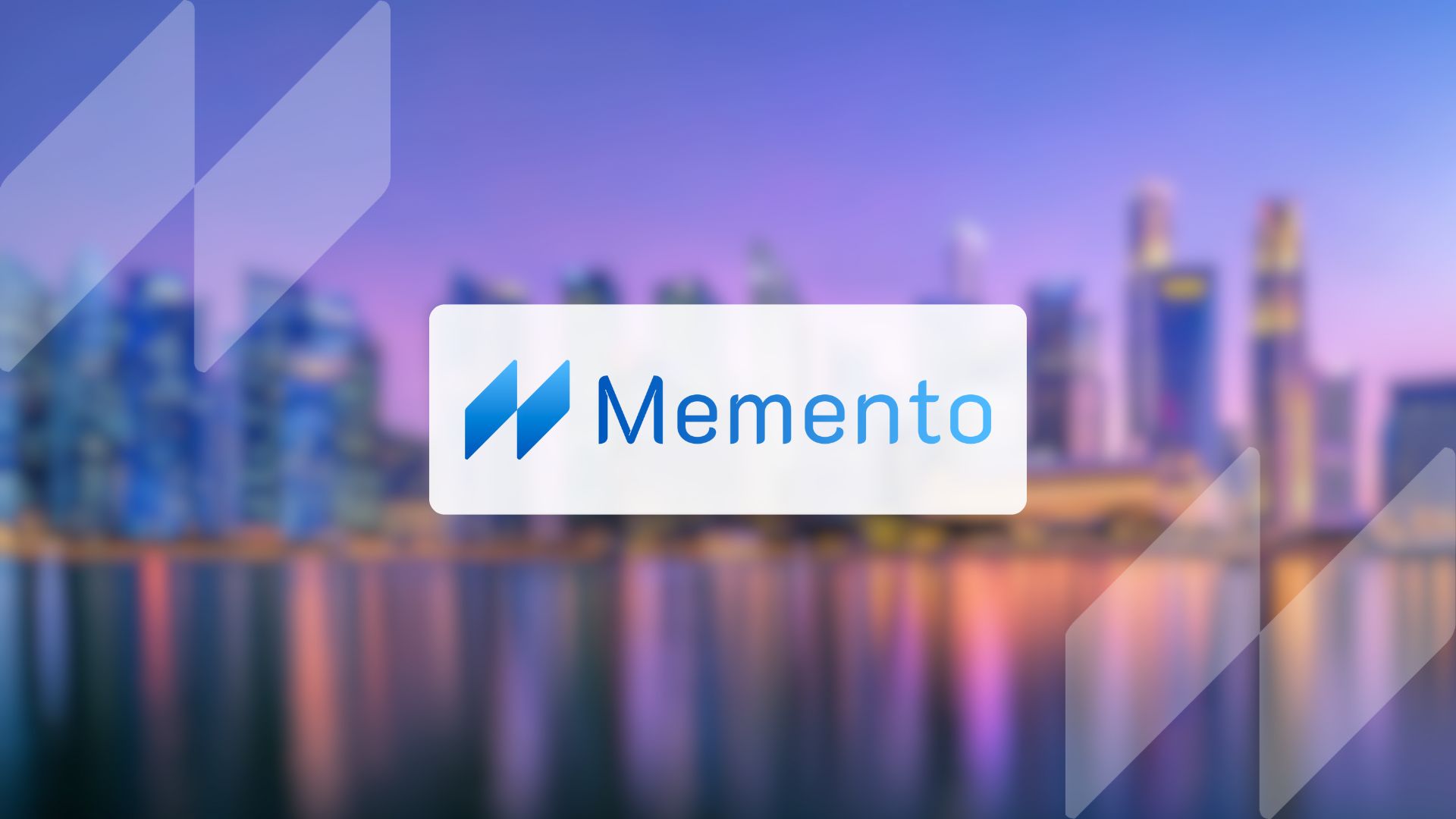World’s First ZKsync Prividium Chain with Zeeve — Setting a New Benchmark for Institutional DeFi Infrastructure
Client
Memento Blockchain
Industry
Institutional DeFi, RWA, Digital Asset Management
Product Used
Zeeve Rollups-as-a-Service + ZKsync ZK Stack
- Custom ZKsync Prividium built for institutional-grade privacy, compliance & governance.
- Permissioned access via soulbound NFT-based identity.
- Used in Deutsche Bank’s Project DAMA 2 (under Singapore MAS’s Project Guardian).
- Created a filterer contract that allows only bridge deposits, while blocking all other types of L1 to L2 communication.
- The Whole setup is ready for institutional onboarding with Ethereum-level security.
Memento is changing that with the launch of Memento ZK Chain — the world’s first live ZKsync Prividium chain purpose-built for regulated finance. Combining confidentiality, performance, and Ethereum-level security, this chain is at the center of Deutsche Bank’s Project DAMA 2 and is poised to be the foundation for institutional-grade fund tokenization and on-chain RWA.
But building a chain for institutions isn’t about tweaking gas fees or adding APIs — it’s about privacy by default, permissioned architecture, compliance-aware tooling, and governance customization. And that’s exactly what Memento set out to achieve, with Zeeve RaaS as its end-to-end infrastructure partner.
Selective Visibility
Limitations of Legacy Permissioned Networks
Need for Fully Custom Compliance Infrastructure
At the core was the ZKsync ZK Stack, which allows for horizontal scaling, Ethereum-level settlement, and compatibility with tools like account abstraction and recursive proofs.
ZKsync Stack Deployment
Zeeve provisioned, configured, and optimized a private ZKsync L2 for Memento.
Private Explorer and RPC
Integrated Prividium explorer (ZKsync-maintained tool) to ensure users can access their own transactions only.
ACL for Smart Contract Deployment
Created access control in the core Memento codebase to restrict contract deployment to authorized users.
ACL for Contract Interaction
Leveraged and extended Prividium for access filtering on transaction submission.
Custom L1→L2 Messaging ACL
Zeeve developed a proprietary smart contract to enforce strict control over which users can interact with L2 from L1:
- Only users owning a Memento Soulbound NFT can make a deposit.
- Superusers can perform unrestricted L1→L2 operations. Superusers are privileged roles (protocol admins or authorized institutional actors) who have elevated permissions.
This infrastructure enabled Memento to do private transactions, permissioned onboarding, default interoperability, and a compliance-first architecture trusted by Deutsche Bank, recognized by MAS, and designed for scale.
Technical
Depth
Security &
Governance
Scalability & Future Readiness
DevOps
Automation
Enterprise
Support
Zero Trust
Principles
Custom L1→L2 Filtering Smart Contract
The project has already earned global validation.
In May 2025, Cointelegraph Magazine featured Memento ZK Chain alongside leading RWA and institutional infra players like Securitize, Tradeable, Ant Digital, and Ethena, noting:
This kind of readiness arrives at a moment of accelerating demand. The onchain Real-World Asset (RWA) market reached $22.6 billion in May 2025, with a 7.5% monthly growth rate. Institutions are entering the space, and infrastructure like Memento ZK Chain is what they’re looking for—EVM-equivalent, compliant by design, and extensible for cross-chain operations.
Delphi Research and others have already flagged Memento as a model for what compliant rollup infrastructure should look like in the next phase of Ethereum adoption.
And at the heart of it, Zeeve’s RaaS platform provided the foundation to bring it to life.
- Testnet: $199
Our Clients and Partners Trust us
Zeeve is trusted by 30,000+ developers & web3 startups and 30+ enterprises to build, launch
and scale Blockchain dApps, networks and consortiums.






























































